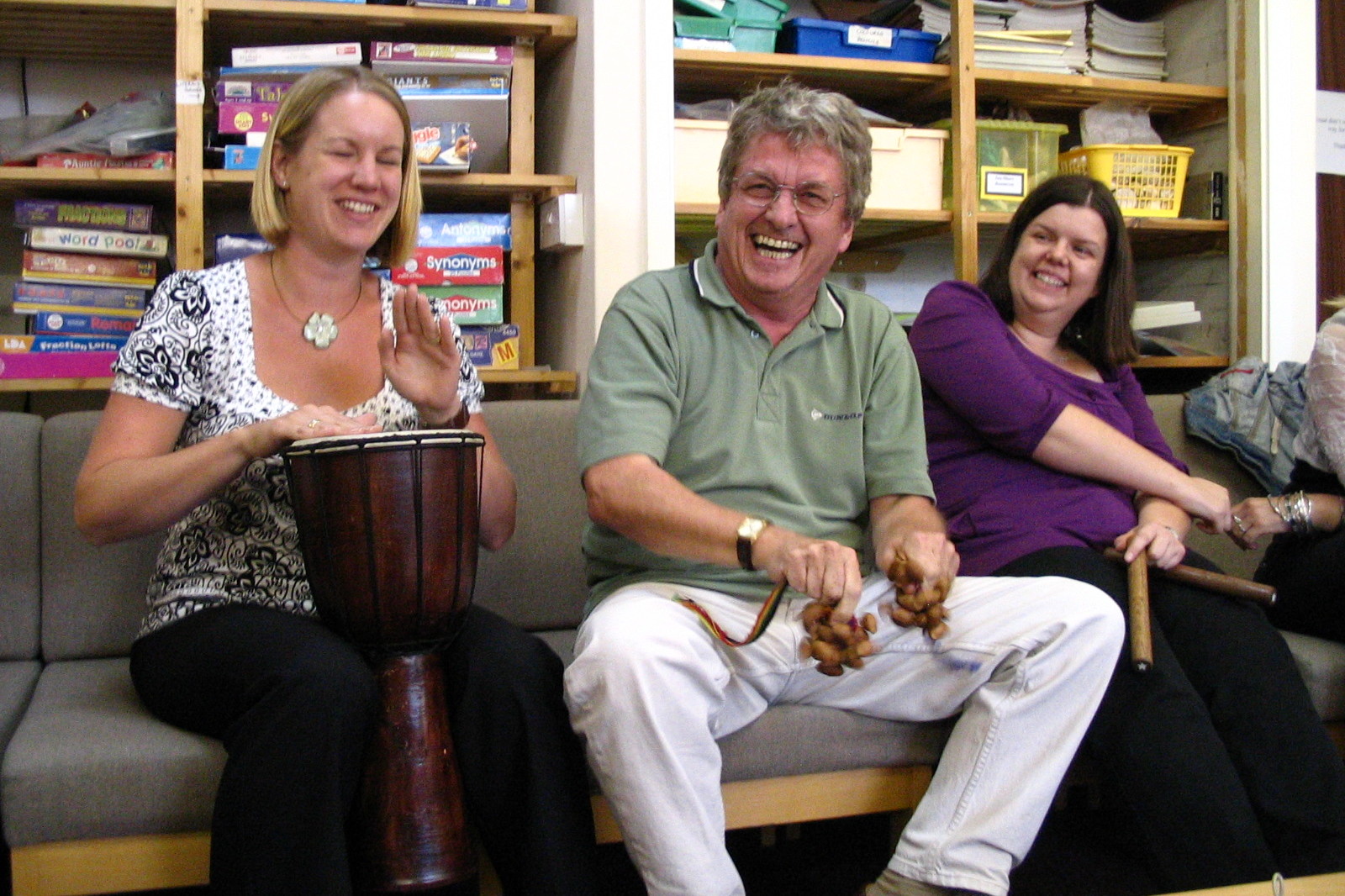Top Tips for Busy Music Teachers
Posted on 10th September 2020
All Music Teachers are busy Music Teachers! Here are some tips for you!
Ask for help! Sometimes by asking for help you might feel that none arrives, or that nobody is listening. But if you are specific about the task you need help with, people will be much more likely to get involved, or to suggest someone else who can help. For example, moving instruments around the school for rehearsals, performances or lessons can eat into time when your students could be playing. Could you set a system in place that means your students take responsibility for ensuring the instruments are in the right place at the right time?
Keeping the music spaces tidy is difficult when students like to use the areas to create or just hang out. Set standards in place so that students ensure practice rooms are kept clean and clutter free. It is a privilege for students to have music facilities – teach them to appreciate their space!
Organising concerts and shows can be overwhelming. Do you have students or keen parents who would help sell tickets, photocopy programmes, put out and put away chairs, serve drinks in the interval? You are not imposing on people by delegating tasks - you will actually give people a real sense of achievement and enjoyment from having been part of a successful event.
Do you have parents, instrumental teachers or school teachers who are amateur musicians who could help students get ready for concerts – to oversee rehearsals, accompany students, tune instruments before performances? Again, people like to be involved, particularly if they are music lovers.
Team up. You can often save time and other resources by working with others. For example, Joint events with other departments e.g. music and drama events, music and poetry events
Link your performance to fundraising. Could the concert be a fundraiser for the PTA or a local charity? If so, what help can they give you?
Could older students organise, conduct, source music or write arrangements for an ensemble such as choir or orchestra? This can give students a great sense of achievement.
Make a clear plan. When you begin organising an event, plan it thoroughly, working back from the performance you want to achieve and including all of the steps that will get you there. By planning in advance, you will find it easier to delegate and involve others, as you will be able to discuss your needs in plenty of time. Nobody will be rushing to the photocopier to print programmes five minutes before the concert, your event will be well attended and the performers will feel confident in their preparation.
Make time to ask your students to feed back on events and concerts. If you are wondering if all the hard work was worth it, hearing how the work has impacted on the students can really boost your morale and help you judge what sort of event to work towards next. Asking students for feedback also engages them in their own experience. By verbalising or writing down how they felt about the performance, students will also process and learn from their own involvement in a deeper way.
If you have any experience, ideas or stories about time management and building a positive music department we’d love to hear them and share them with our colleagues and friends in music teaching. Get in touch with us today and let us know how it works for you!
Tagged as: MUSIC EDUCATION, MUSIC TEACHERS, MUSIC TEACHING, PRIMARY SCHOOL, SECONDARY SCHOOL MUSIC, TOP TIPS
Share this post:










